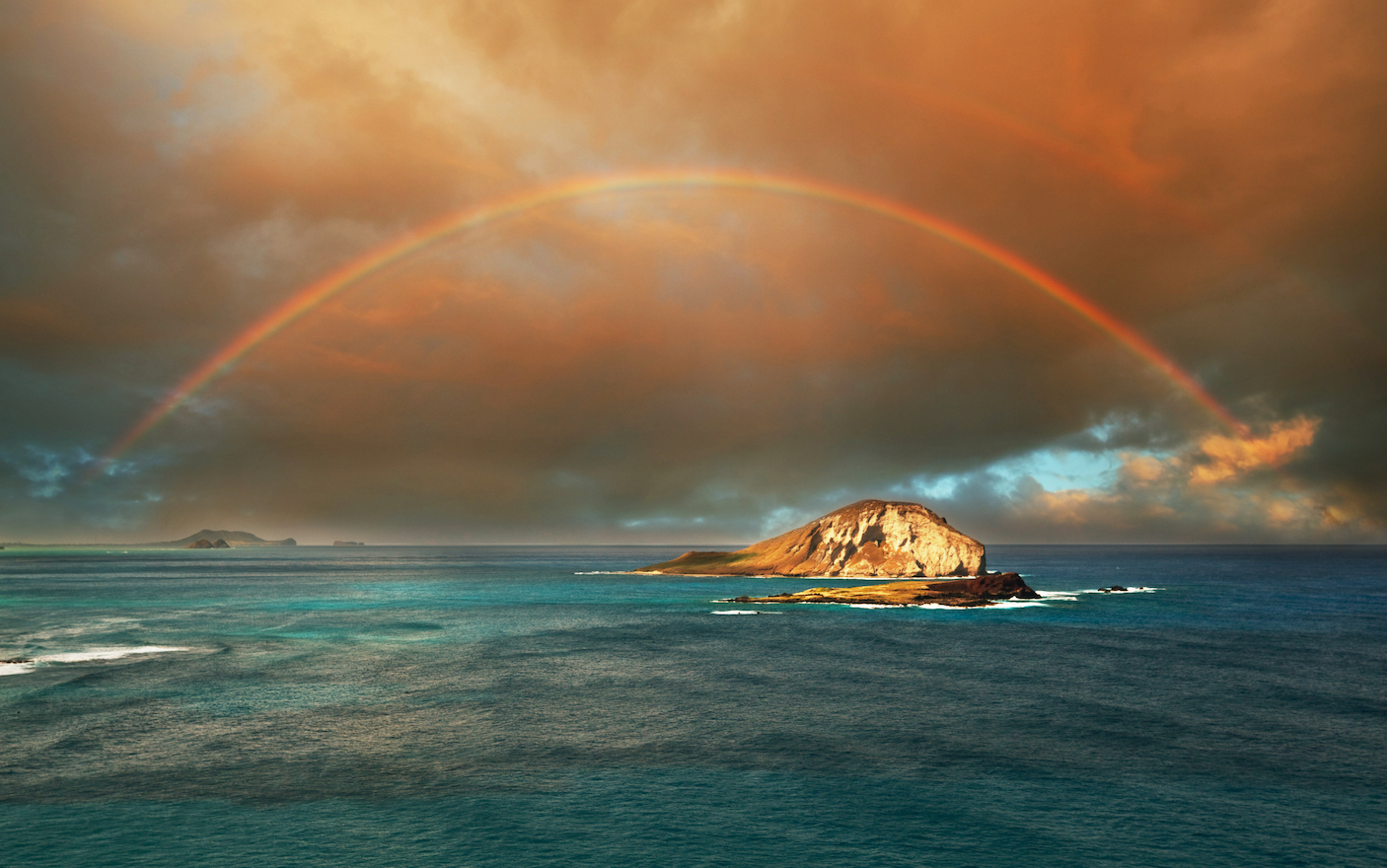
A closer look at the sunken lost continent of Zealandia
Over 1000 meters deep beneath the ocean off the coast of New Zealand lies an entire continent that’s barely been explored. Zealandia, named for its approximation to New Zealand, was an entire continental block first discovered in the 1970s.
Earlier this year, Zealandia was officially named the seventh of Earth’s continents, and researchers from the International Ocean Discovery Program (IODP) began a voyage to learn more.
Zealandia as a treasure trove of data ranging back millions of years, but due to its extreme depth and remoteness, it’s been difficult to learn all that much about it. For researchers to collect any samples from Zealandia would require drilling beneath the seabed.
The nine-week expedition aimed to fully explore Zealandia and acquire core samples of sediment from the continent.
The expedition was comprised of 32 scientists from 12 countries who boarded the research vessel JOIDES Resolution, with funding from the National Science Foundation (NSF).
To get samples, the research team drilled in six sites at depths over 4,000 feet and collected 8,202 feet of sediment cores.
Zealandia is rich with climate information spanning millions of years, and the samples can help scientists understand tectonic plate formation, how the Earth’s continents formed, the migration of animals across the globe, and much more.
“This expedition offered insights into Earth’s history, ranging from mountain-building in New Zealand to the shifting movements of Earth’s tectonic plates to changes in ocean circulation and global climate,” said Jamie Allan, the program director in the U.S. National Science Foundation’s Division of Ocean Sciences.
The researchers also found several hundred fossils of species showing that the continent was not always so deep below the Earth’s surface.
The samples reveal much about Zealandia and early Earth, but the researchers also note that studying the submerged continent can help predict future climate change as well.
—
By Kay Vandette, Earth.com Staff Writer













